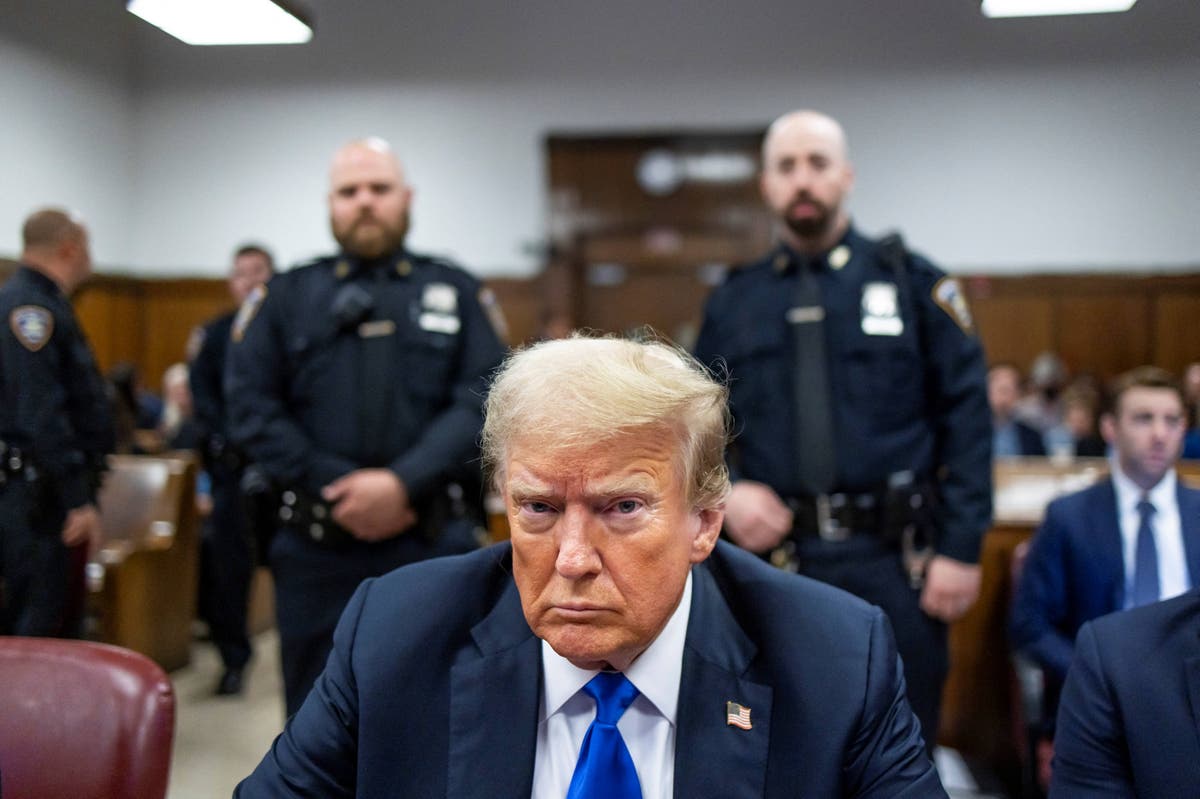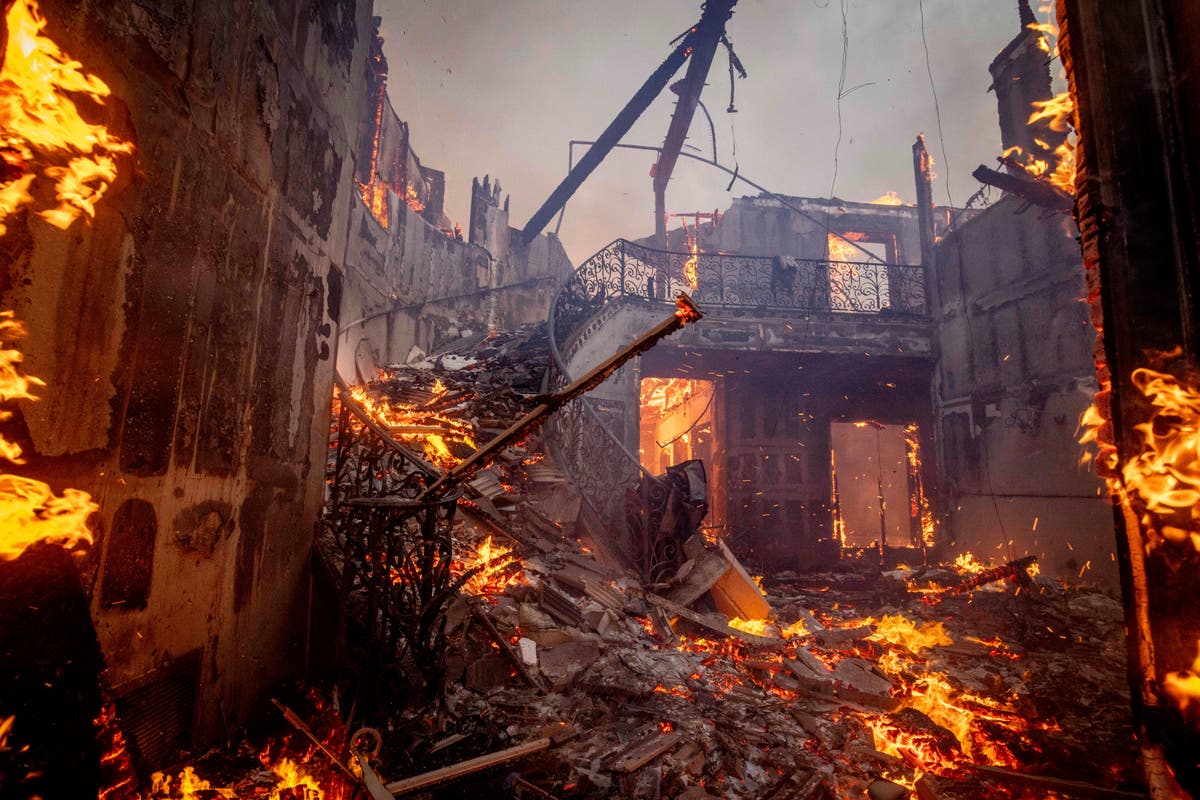Canadian Prime Minister Justin Trudeau is expected to announce his resignation this week, according to reports. Sources close to the situation, including Reuters and the Globe and Mail, suggest a departure as early as Monday, potentially vacating the position after nine years in office. This would leave the ruling Liberal Party without a leader at a critical juncture, with polls showing the party trailing the opposition Conservatives. A Canadian election is mandated by late October.
The anticipated resignation comes amidst growing internal pressure. Multiple Liberal party members are reportedly pushing for Trudeau's departure, following the recent resignation of Deputy Prime Minister Chrystia Freeland. Freeland's exit, citing disagreements over the handling of potential US tariffs, further fueled the calls for change.
While Trudeau's office has yet to comment, his publicly scheduled activities for Monday include a virtual cabinet meeting focused on Canada-US relations. The exact timing of his departure, or whether he will remain as PM until a new Liberal leader is chosen, remains uncertain, according to reports.
The recent developments underscore the significant political pressure facing Trudeau. He is reportedly facing increasing opposition within his own party, fueled by concerns surrounding economic policies, including the potential negative impact of US tariffs. This sequence of events highlights the complex political dynamics shaping the future of Canada's leadership.







